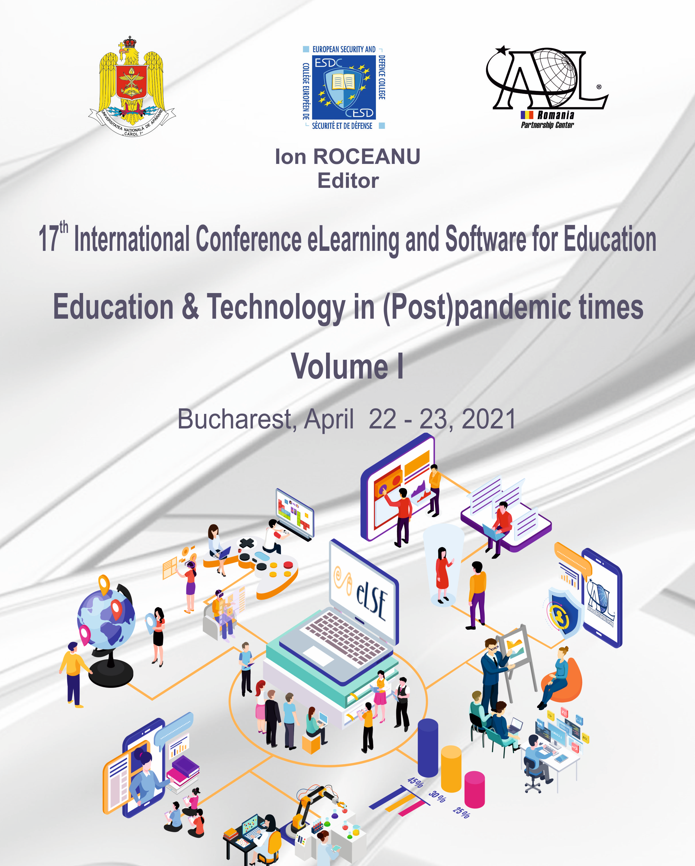IMPLICATIONS OF THE E-EDUCATION AND E-TRAINING TRENDS ON TEACHING-LEARNING METHODS SPECIFIC TO INTELLIGENCE AND MILITARY SCIENCES
IMPLICATIONS OF THE E-EDUCATION AND E-TRAINING TRENDS ON TEACHING-LEARNING METHODS SPECIFIC TO INTELLIGENCE AND MILITARY SCIENCES
Author(s): Lucian Valeriu SCIPANOV, Dănuța Mădălina SCIPANOV, Cristian STANCIUSubject(s): Security and defense, Military policy, Higher Education , Health and medicine and law, Distance learning / e-learning
Published by: Carol I National Defence University Publishing House
Keywords: eEducation; eTraining; intelligence and military sciences;
Summary/Abstract: This article comprises a synthesis of eEducation and eTraining trends that have influenced educational processes in general, with a description of the ways of adapting military higher education to the paradigm of the COVID-19 pandemic. It will also highlight the degree of resilience of the academic environment to these trends, in order to identify innovative teaching-learning solutions adapted to a field as specific as the field of intelligence and military sciences. There has been an increase in the share of the use of eLearning technologies, which have become common alternatives to the classic teaching-learning process to which more and more users have adapted. These technologies have determined the identification of new teaching-learning methods that reduce the quantitative and qualitative differences of the educational processes carried out in specific conditions. The novelty of this approach consists in identifying teaching-learning models with a potential for adjustment in the context of intelligence and military sciences and adapted to the fields of eEducation and eTraining. The eEducation in the military field aims to create a permanent behavioral change in participants in the teaching-learning process through the transmission of knowledge through innovative technologies. The eTraining aims to obtain certain skills, performing an exact task by using a specific technology. Through eTraining, participants in this process are allowed to acquire a certain skill. However, this requires earlier assimilation of theoretical information and further practice in reality. These teaching-learning models must meet the specific needs of the field of intelligence and military sciences, which will thus align with the trends of evolution of the methods specific to the fields of eEducation and eTraining used in related fields.
Journal: Conference proceedings of »eLearning and Software for Education« (eLSE)
- Issue Year: 17/2021
- Issue No: 01
- Page Range: 68-77
- Page Count: 10
- Language: English

